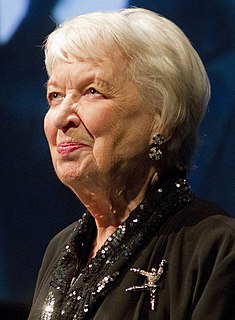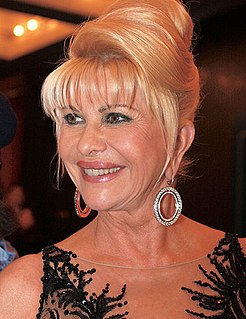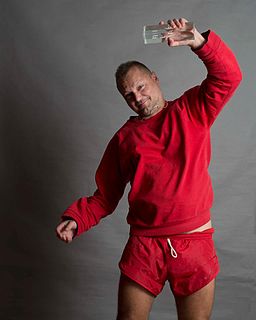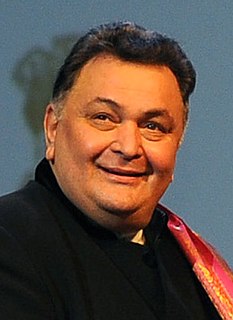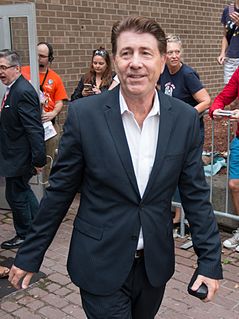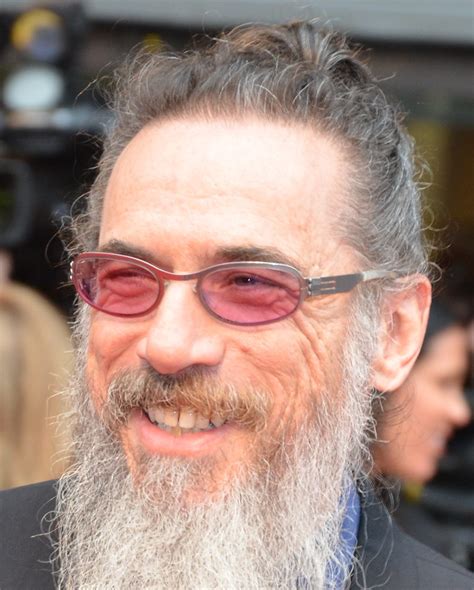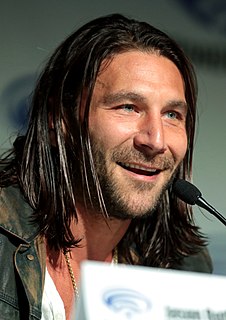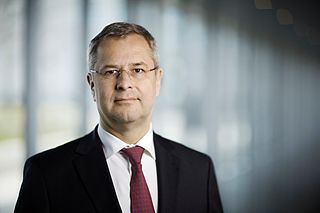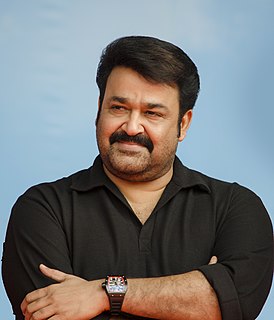A Quote by June Whitfield
I'm always up for cinema, and then you hear that, actually, the location is in a very cold place with all the attendant discomforts, and TV is much cosier and warmer.
Related Quotes
I try to come to my reporting as a real, whole person, not an automaton. And it's always one of the strange discomforts of the job, that you're in this very intense moment in someone's life - you're engaging with them nonstop - and then suddenly your piece is out and that's done. It always reminds me that the journalist's job isn't to be someone's friend, or their psychologist, or anything other than what we actually are. And at the end of the day, that can definitely seem like such a strange, extractive relationship.
A place (lieu) is the order (of whatever kind) in accord with which elements are distributed in relationships of coexistence. It thus excludes the possibility of two thing being in the same location (place). The law of the 'proper' rules in the place: the elements taken into consideration are beside one another, each situated in its own 'proper' and distinct location, a location it defines. A place is thus an instantaneous configuration of positions. It implies an indication of stability.
I did always want to write. And then, when I left New York, where I was working very steadily in the theater - I had done three Broadway shows in a row and was a bit burnt out - I moved out to L.A. and I was not working very much. I came in cold and I'd work for a week, but then I'd have a month or two off. I thought, "I'm going to go crazy unless I actually do write." Like a lot of things in life, it was a situation that came about by circumstances.
I went to a place recently I think is one of the most f**ked up places I've ever been to. I'm convinced this place is the epitome of American excess, of American greed. I'm talking about a place called Cold Stone Creamery. Whoa. If you have not been there, the basic gist of Cold Stone is that they take ice cream and then they just go ape sh*t with it.
